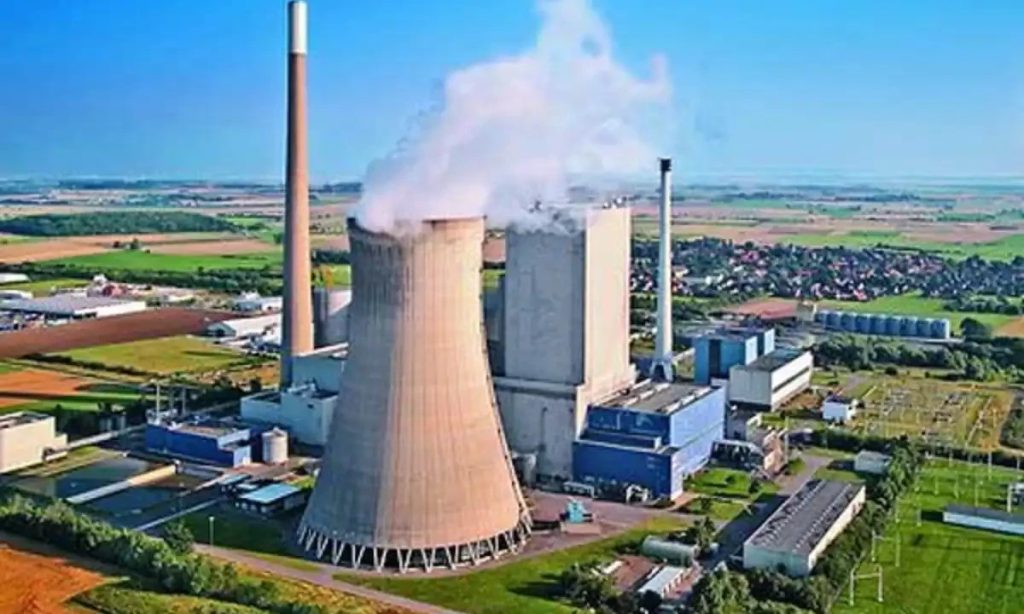In Pakistan, many people believe that Independent Power Producers (IPPs) are mostly owned by politicians, but that’s not true. This story has been used to blame politicians for the country’s energy problems, while the real winners are private business owners.
These businessmen run most of the IPPs, make huge profits, and let politicians take the heat from the public. In reality, politicians own only a small number of these power plants. Most of them are controlled by big business families and companies that quietly take advantage of the system.
The perception that politicians are the main beneficiaries allows these businessmen to avoid accountability and criticism, despite their significant role in the country’s energy crisis.
One of the biggest players is the Nishat Group, owned by Mian Muhammad Mansha. His company owns power plants like Nishat Power Plant, Lalpir Power Plant, and shares in PakGen.
Mansha’s businesses make a lot of money because of agreements that guarantee profits, even if the power plants don’t produce much electricity. These agreements, called Power Purchase Agreements (PPAs), force the government to pay IPPs whether they generate power or not.
This system has caused massive financial strain on the economy and pushed electricity costs higher for ordinary citizens. Despite this, Mansha and others like him rarely face public blame. Instead, the narrative shifts to politicians, shielding businessmen from scrutiny.
Another example is the Saif Group, linked to the Saifullah family, which owns the Saif Power Project. This family has used its resources and connections to secure deals that benefit their company while avoiding public attention. Similarly, the Dawood Group, through Engro Energy Limited, controls various energy projects that generate steady profits due to favorable contracts.
These contracts ensure a continuous flow of money for private businesses, even when electricity production is low or unnecessary. The public pays the price for these deals in the form of rising electricity tariffs and frequent power outages, yet these private businessmen remain unaccountable.
Jahangir Tareen is another glaring example of how private businessmen manipulate the system. He used to be part of the Pakistan Tehreek-e-Insaf (PTI) party and owns JDW Sugar Mills and power projects linked to it. Tareen criticized other politicians for corruption but was quietly making money from the energy sector himself.
His companies benefited from the same flawed system that he accused others of exploiting. Tareen’s role highlights the hypocrisy of some influential figures who publicly campaign against corruption but privately profit from the same mechanisms they criticize. This double standard allows businessmen like him to strengthen their empires while misleading the public into blaming only politicians.
The way these businesses make money is deeply unfair to the public. Agreements like PPAs guarantee payments to IPPs regardless of their actual electricity production. For instance, a power plant built for Rs50 billion has reportedly received Rs400 billion over time due to these agreements.
Such examples demonstrate the staggering financial burden placed on taxpayers and the government. This system incentivizes private companies to prioritize profits over performance, leaving the country stuck with an inefficient and costly energy sector. Meanwhile, ordinary citizens face higher electricity bills, power shortages, and a lack of accountability for those truly responsible.
Private businessmen also use their influence to secure deals that protect their interests at the expense of the public. They work behind the scenes to maintain favorable conditions for their businesses, often using politicians as scapegoats to deflect attention from their own actions.
This tactic not only shifts public anger away from the real culprits but also helps these companies to expand their reach and profits without fear of backlash. By portraying politicians as the primary problem, private businessmen ensure that their role remains hidden and unchallenged.
The idea that politicians control most IPPs is just a way for private businessmen to avoid blame. These companies use their influence to make deals that benefit them and leave the public to suffer. Politicians may get criticized, but it’s the private companies that are the real problem.
If Pakistan wants to fix its energy crisis, it needs to focus on holding these businessmen accountable for the damage they have done. The public deserves to know who truly profits from the flawed energy system and why their electricity bills keep rising while the quality of service continues to decline. Without addressing the role of these private businessmen, any solution to the energy crisis will remain incomplete.


